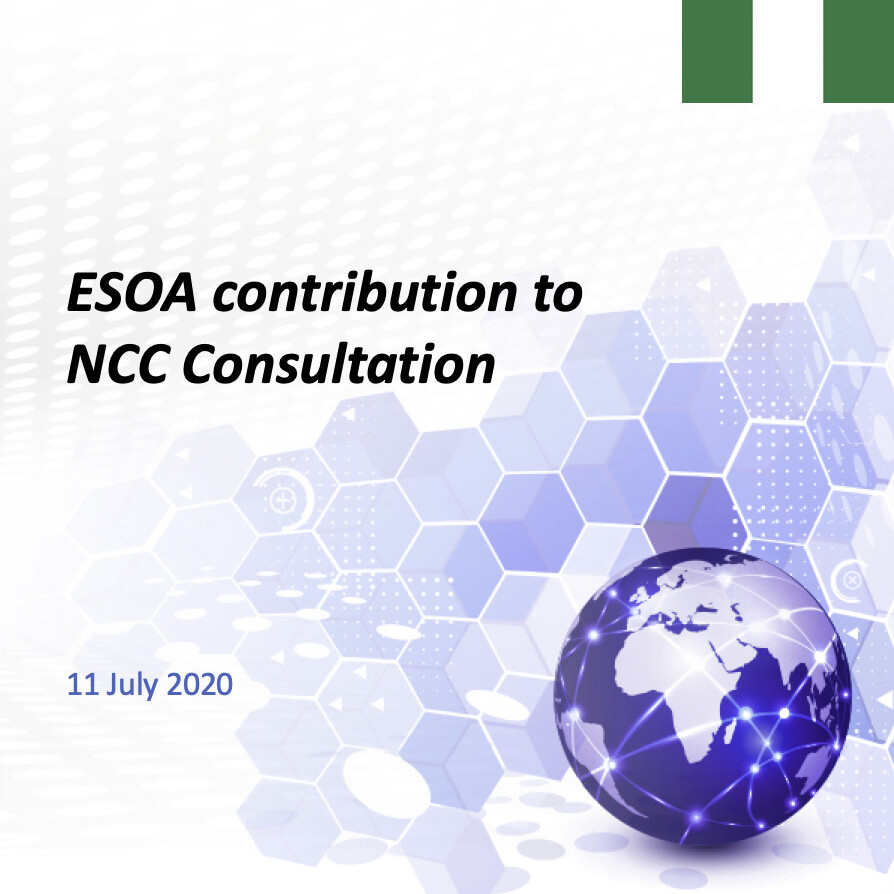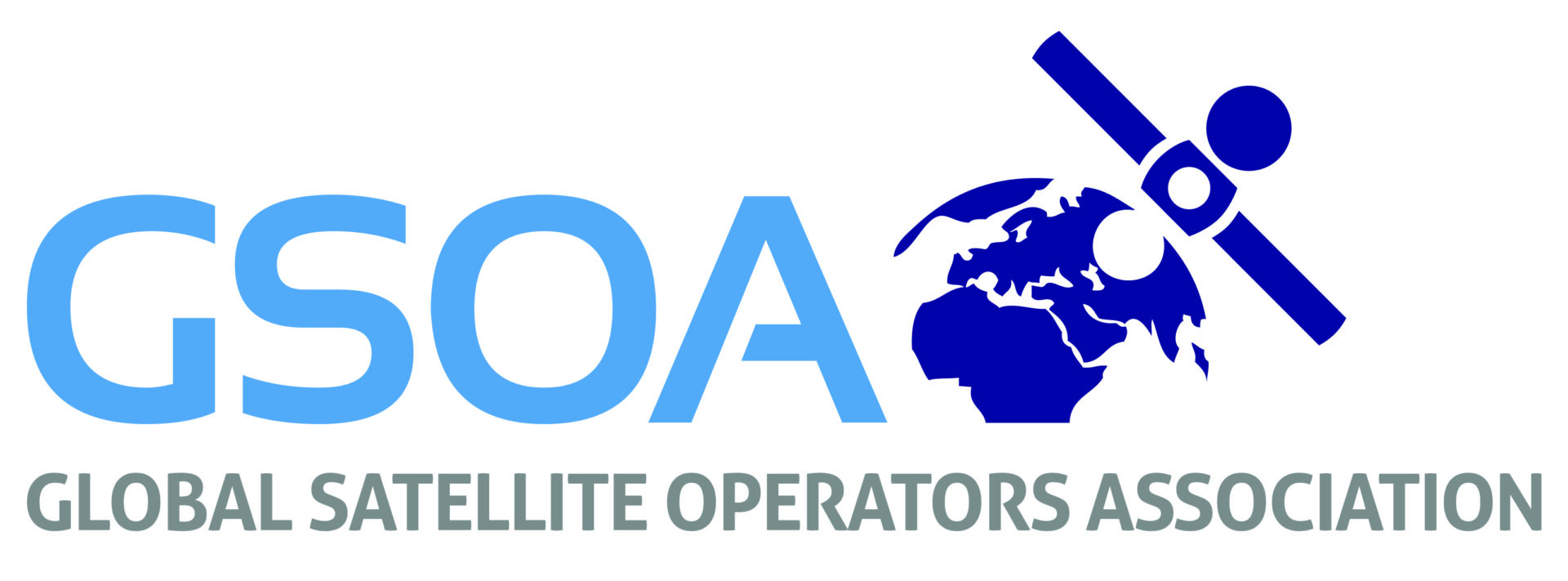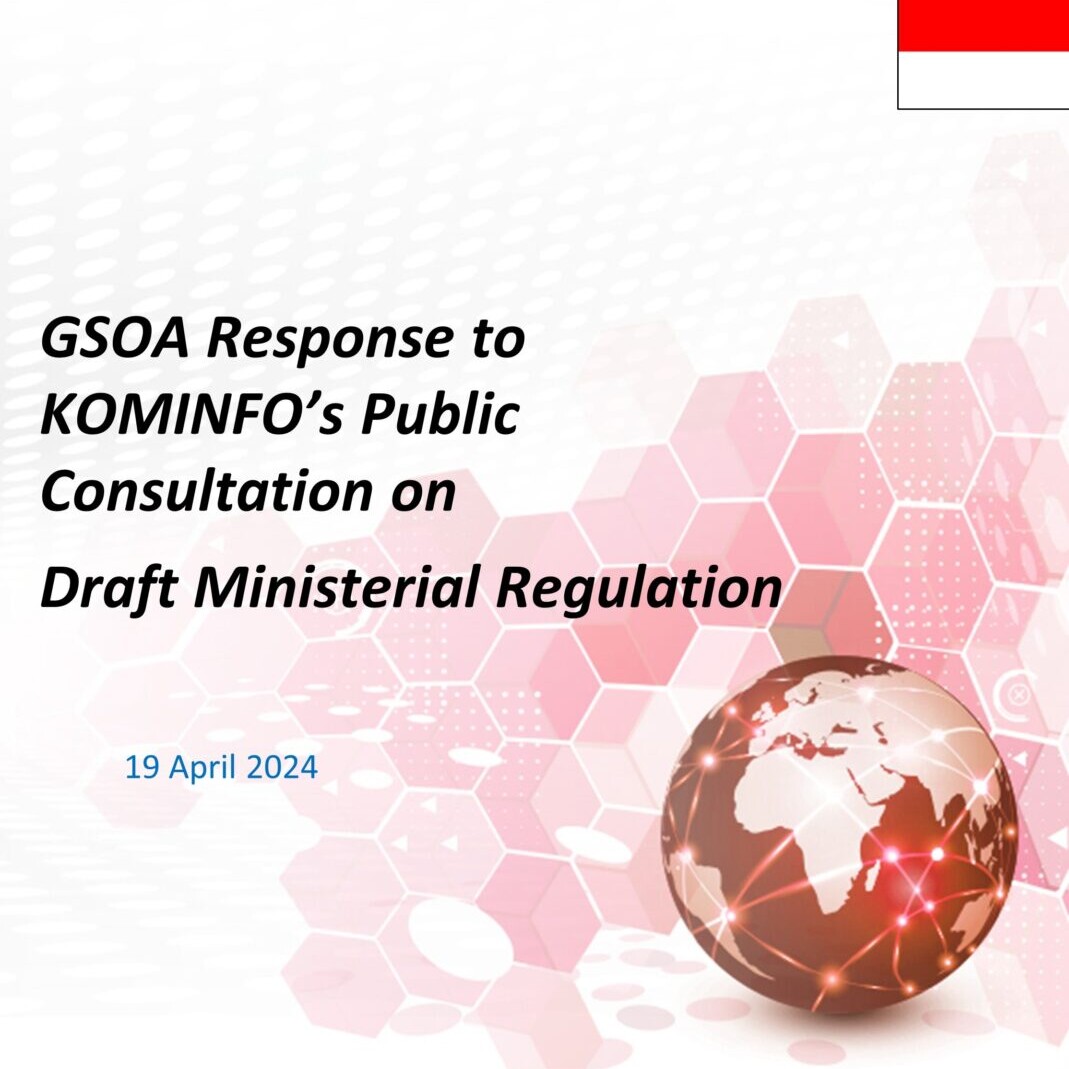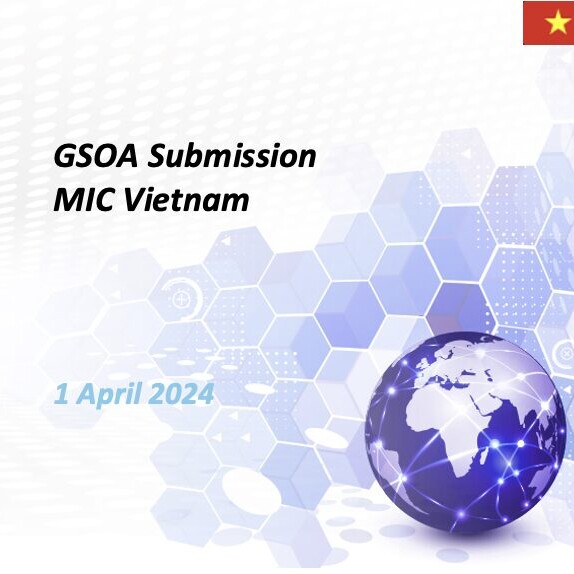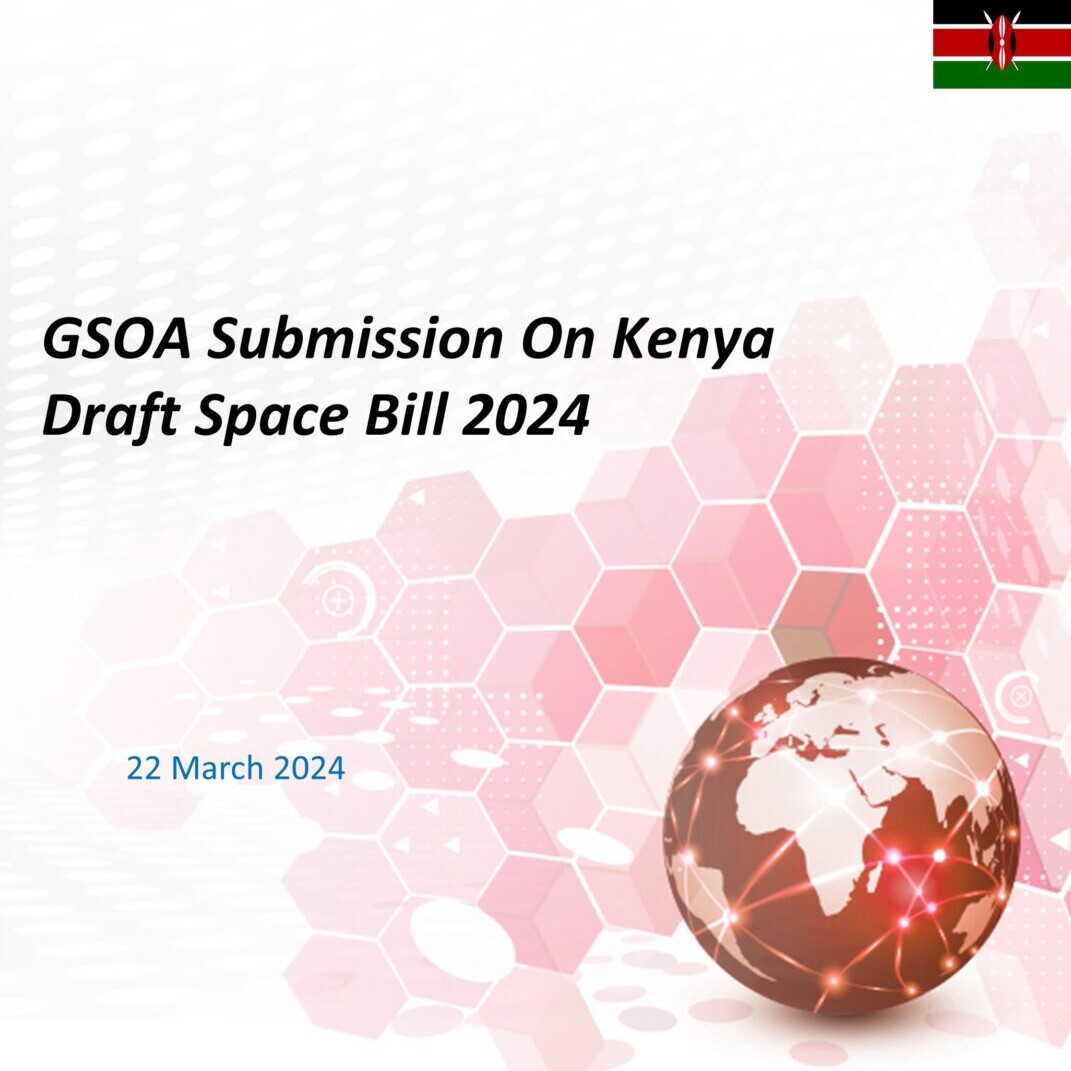NCC Consultation Commercial SatCom Services
ESOA provides input on the NCC’s proposed satellite licensing regime for Earth Stations in Motion (ESIMs) and the Very Small Aperture Terminals (VSATs) that are critical for connecting homes, businesses, and educational and medical facilities. In this contribution, we have reviewed with interest the proposed documents and support Nigeria’s effort to modernize the satellite licensing forms in an effort to facilitate a streamlined licensing process, encouraging investment and delivery of broadband services across the country.
The satellite industry believes the refinements suggested below, will encourage investment and rapid deployment of critical broadband services in Nigeria. These changes will facilitate broadband deployment in critical industries such as aviation and maritime as well as for small businesses, education, and national security. In order to accomplish this and provide affordable broadband, operators of satellites in both geostationary (GSO) and non-geostationary (NGSO) orbits and their respective networks need access to spectrum, including in the C, Ku and Ka frequency bands. These frequency bands used by ESIMs and VSATs communicating with GSO and non-GSO satellites are recognized in the NCC’s Commercial Satellite Communications Guidelines. In respect of which, the NCC has authorized to date GSO and NGSO satellites operating in C, Ku and Ka band frequencies respectively, used by ESIMs and VSATs.
